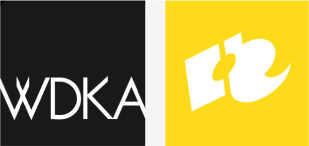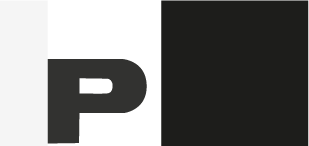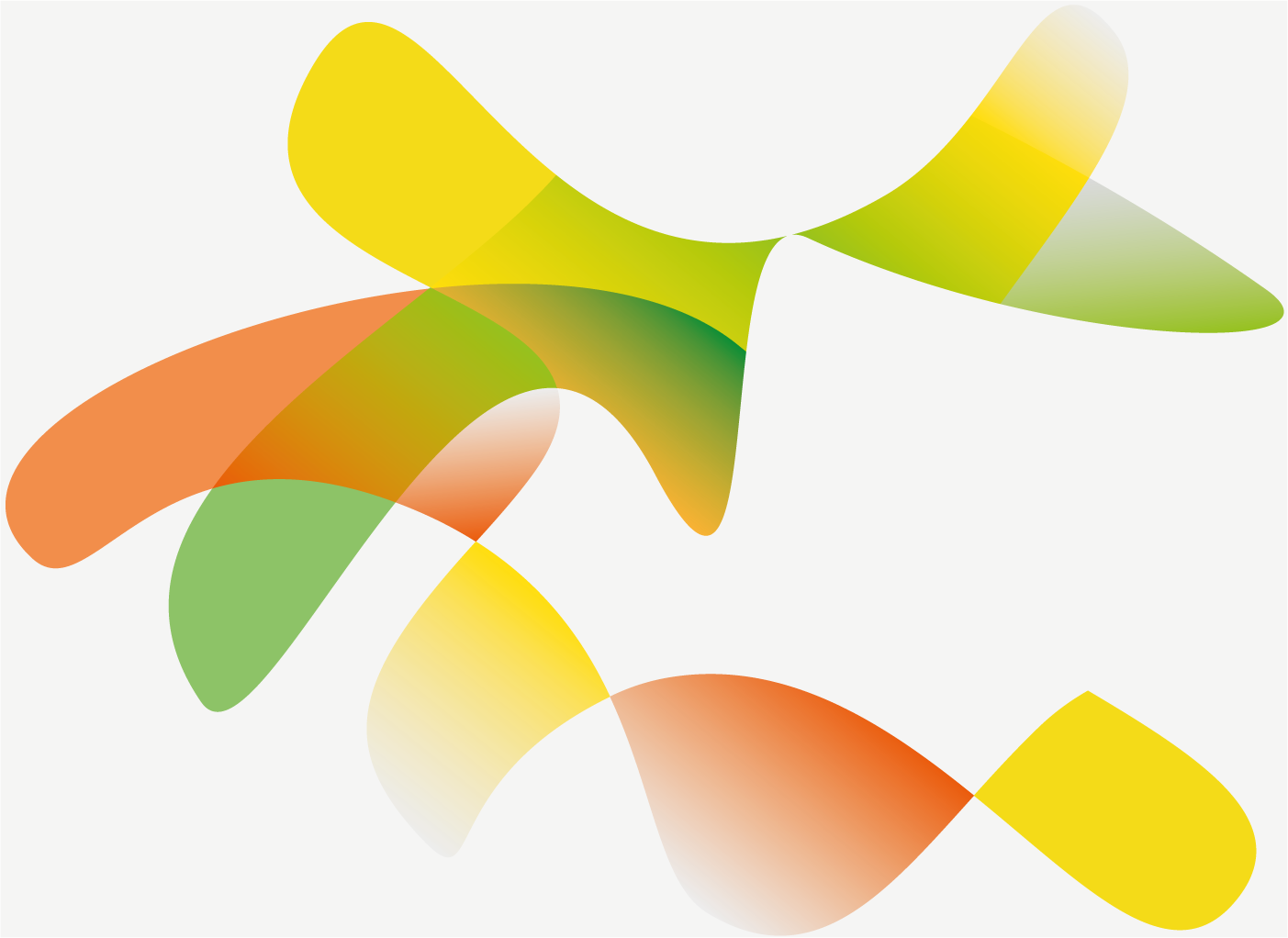
EXPERT LECTURES
Design researchers at WdKA/PZI Master Design meet their experts & public
When: Tuesday 16 & Wednesday 17 September, 2025
Where: Wijnhaven 61 – Rotterdam | fourth floor
Second year students of the WdKA/PZI Master Design take the public along in their design research. Based on a question important to them, they start a dialogue with experts who can answer it. The public is invited to contribute. Some lectures are in English, some in Dutch.
TUE 10:30
Fogyou: On Un-Intending
Stef Kolman & Henk Oosterling
Design — as world-building — has long claimed its authority through visions of stability, progress, and solutions. Yet these ideals have delivered no betterment; they are the very life-source of our crises.
In my Master Design research at Piet Zwart, I turn to fog as a guide — to engage in DeSign, to un-draw the line.
This second year kicks off with the Expert Lecture, where I am joined by Henk Oosterling — the “philosopher with the sword.” Together we will explore the (im)possibility of un-willing and un-intending.

TUE 11:30
Creating Queer Safer Spaces – The do’s and don’ts (and everything in between)
Raisa Mulder with: Zahira Mous, Ari Ochoa, Jordi Ariza Gallego
An open conversation with artists, community builders, and activists on what it means to create queer safer spaces today. Together we will explore the joys, challenges, and politics of care, kink, nightlife, healing, and community-led organizing.
The discussion will focus on the experiences of all panel members regarding the creation of queer safer spaces, the successes, and the obstacles. We will then zoom in on the latest initiative in Amsterdam: RITA. A reporting platform for discrimination for which a community hub is being created on the Reguliersdwarsstraat. See you there!
See you there!

TUE 13:30
WEAVING THE LAND: A living Textile of Color
Sandra L. Cueva Cortez & Romy Garfias
Could textile practices offer new ways to compose, sense, and care for landscapes? Can color become a language to reconnect design with ecology, memory, and place?
In this interactive lecture, Romy Garfias (Chile) shares her practice as a textile artisan working with natural fibers and ancestral techniques to explore how weaving can become a tool for ecological and cultural design.
In conversation with MA Design Research Student Sandra L. Cueva Cortez’s explores on color landscapes in Chinchero (Peru), the session reflects on how native plants can shape the visual and cultural identity of the land.
Participants will be invited to join a hands-on moment with natural threads and materials, weaving a shared reflection on how color, craft, and territory can come together in contemporary design.
Be part of the living loom!

WED 11:00
Mattenbies: Mending the Threads of Local Craft
Pablo Mateu Andújar & Loes Rademaker
For centuries, Dutch artisans harvested ‘mattenbies’ (common club-rush) to weave durable home goods. Today, this versatile and renewable material grows locally yet remains unused, its harvest made virtually impossible by blanket habitat protections. We confront this paradox by bringing the plant itself into the room—from fresh stem to woven sample—to ground our discussion in its tangible reality. How can we reconnect with this heritage to unlock its ecological and cultural potential? Together, we will explore strategies drawn from both surviving local knowledge and thriving international traditions to make this material accessible again for local making.
Pablo Mateu Andújar (designer/maker) is a researcher at the Piet Zwart Institute, where his work examines historical craft systems as critical references to inform new models of post-capitalist production for everyday objects. For this session, he focuses on ‘mattenbies’, using Portuguese and Dutch contexts to explore how the material’s potential can be unlocked today.
Loes Rademaker (landscape researcher/organic gardener) uncovers how ‘mattenbies’ was once part of a local making ecology—cultivated and processed in sync with wetland rhythms. Her work maps the lost systems that connected craft directly to landscapes.

image credit: Richard Tepe, 1933. Source: Nederlands Fotomuseum.
WED 12:00
The Backpack as Studio: Fieldwork with a Non-Human Actor
Pam Hermelink & Carmen Molenaar
What happens when you don’t leave the studio behind, but carry it with you? In this interactive lecture, we explore the concept of the backpack as a mobile studio, a portable space where observing, collecting, and creating become central in relation to the non-human world.
Artist and researcher Carmen Molenaar shares insights from her practice, which engages directly with non-human ‘actors’ and ‘landscapes’. Together, we’ll reflect on how tools, materials, and methods shape our connection to the natural field and how this shapes our creative process.
In my design research, I explore how working with the tidal system, water and clay can generate new ways of relating to more-than-human world. In this context, the backpack becomes more than a tool, it’s shapes what I notice, gather, and create.

WED 14:00
Valuing care: a lecture and workshop of textile mending
Jasmijn & Ren Ewart
Ren Ewart is a PhD candidate at the Rijksuniversiteit Groningen where they research issues of maintenance and care-work through the history of textile repair. Jasmijn is a master Design student at Piet Zwart Institute where she researches the (cultural) value of contemporary objects looking at traditions, currently through textiles and ceramics.
In this lecture/ workshop they will have a conversation about repair as a transferable mindset, Ren’s archival research on samplers and valuing manual labor and care. During the lecture, the audience will be able to participate in a workshop on mending.
Please join us for a fun exploration of repair, value and care!




